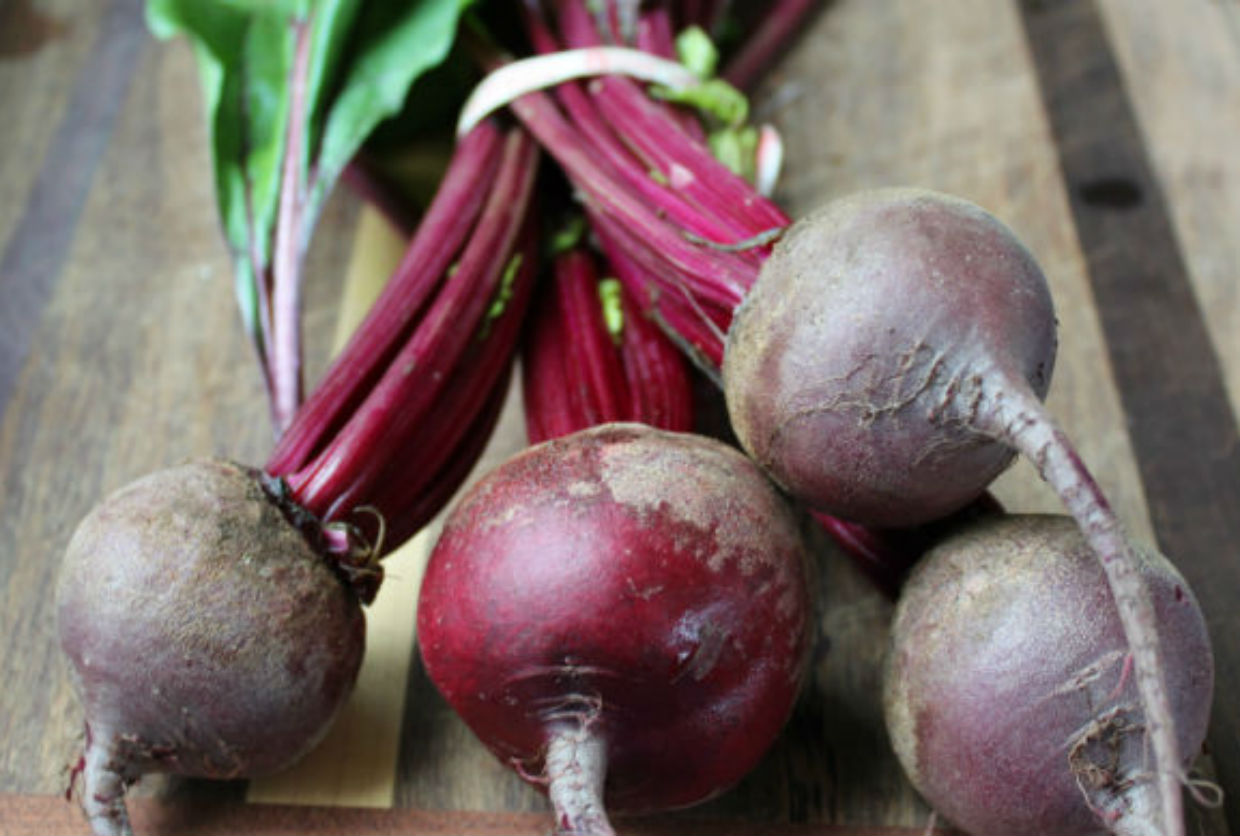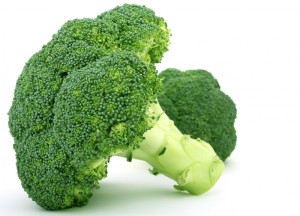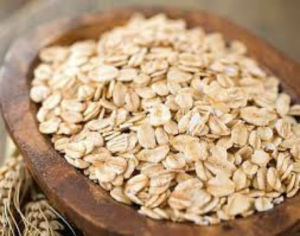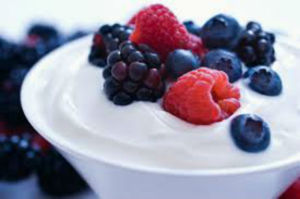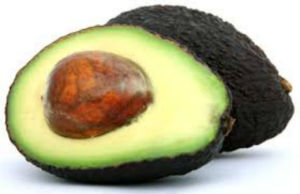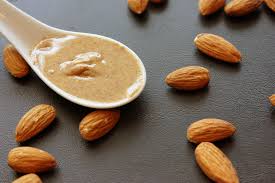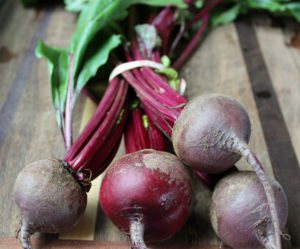I don’t really like the term “super food” because I feel there is no miracle food, sorry kale, that is going to keep us healthy, instead a variety of foods that are nutrient dense. I have compiled a list of foods that are packed with nutrients for the whole family.
1).Eggs
It seems like yesterday we were told to limit our egg consumption, fearing its cholesterol would increase one’s risk for heart disease or wait to introduce to the baby due to possible food allergy. We now know eggs are safe to consume for the whole family; yes they are high in cholesterol but research suggests it’s not the cholesterol we need to fear. Current research, also suggests that waiting too long to introduce high allergy foods may actually increase a baby’s risk of developing an allergy. Eggs are inexpensive, easy to prepare ,and full of good nutrients such as protein, iron, folate, Vitamin A, D &E and choline.
How to include eggs in your diet:
Hard boil them and add to salads
Scramble and serve to baby
Make an omelette and throw some extra veggies in for a complete meal.
2).Dark green leafy vegetables
Leafy greens, broccoli, kale, romaine lettuce, arugula are packed with nutrients such as antioxidants, fiber, vitamins and minerals to protect us against cancer, heart disease, and memory loss to name a few. Dietitians suggest at least 1 serving a day. Picky eaters may not agree, but keep on offering them and get them involved in picking lettuce from the garden, adding them to their favorite smoothie, soon enough, perhaps 20 times, they like them as much as us dietitians do.
How to include greens in your diet:
Salads, stir-fry’s, smoothies, omelets, casseroles, and or kale chips.
3).Blueberries
You have heard it before these small packages of sweetness are full of antioxidants which help prevent cancer, heart disease, and slow down the aging process. Be sure to include blueberries to your grocery list.
How to include blueberries in your diet:
Add blueberries to plain yogurt.
Add blueberries to a morning smoothie, pancakes, waffles, or cereal.
Wash and puree them, great addition to plain yogurt or the baby
4). Oats
Oats are packed with heart healthy soluble fiber and good for the whole family. For the full nutritional benefit, make sure you choose steel cut oats or large flakes as they have the bran and germ intact. Oats are naturally gluten free but check the packaging to make sure they come from a gluten free environment.
How to include oats in your diet:
Have oats for your breakfast cereal, to spice it up add blueberries and walnuts and a pinch of honey for some sweetness.
Use oats in granola, cookies, muffins or pancakes.
5).Plain Greek style Yogurt
Greek style yogurt contains essential bone building nutrients protein and calcium. Plain style is significantly lower in sugar in comparison fruit flavoured yogurt, some have up to 7 tsp. of added sugar. The great thing about yogurt is you can find it almost anywhere and it’s great for packing an afternoon snack for the kiddies.
How to include in plain yogurt your diet:
Enjoy plain Greek style yogurt with some frozen berries
Add to your morning smoothie
Make a Greek dip to enjoy your veggies
6).Fresh Wild Salmon
Salmon is a lean protein fish rich in omega 3 fatty acids, which aid in reducing inflammation and risk of blood clots. Salmon is also a good source of vitamin D, B12, niacin, selenium, and magnesium. Health experts believe wild salmon is healthier because it is lower in polychlorinated biphenyls (PCBS). For the little ones, make sure you debone fish to reduce the choking risk.
How to include salmon in your diet:
Grill it, broil it, or bake it.
Broil salmon and serve with stir fried kale.
Make salmon cakes or burgers
7).Avocado
Don’t get stuck on their high fat content, these creamy, smooth, and delicious fruits are a great source of heart healthy fats- monounsaturated and polyunsaturated fats. Their smooth and creamy texture plus versatility makes them a great food for the whole family.
How to include avocado in your diet:
Enjoy them in a salad, make a salad dressing, dip, smoothie, or sandwiches the possibilities are endless.
8).Quinoa
Quinoa, naturally gluten free, is actually a seed. At the supermarket you can find a red, black or white variety which has slightly different textures and flavours. All varieties are a good source of fiber, protein, iron, magnesium, and selenium. Quinoa is relatively easy to prepare and versatile.
How to include quinoa in your diet:
We use quinoa weekly in salads, burgers, or as a breakfast dish.
9).Nut butters
The recent feeding guidelines for infants 6 months and older suggest feeding potential allergenic foods early and continue to offer them. Nut butters, peanut, almond and cashew, offer many nutritional benefits such as protein, fat, potassium, and iron. To reduce the choking risk offer smooth nut butters and look for natural butters without the added hydrogenated fats and salt.
How to include nut butters in your diet:
Add small amount to cereal and or toast for the little ones
Add to smoothies, enjoy in wrap, sandwich, or baking.
*** If you or someone in your family has food allergies you may want to discuss high allergen foods with your health care provider before introducing these foods.
10).Lentils
Many nutritionists will recommend eating at least one meatless meal a week. How about trying lentils they are packed with protein, fiber, iron, folate, zinc and manganese. To make these baby friendly simple soak them overnight or few hours, rinse, and cook until soft texture. Red lentils cook quickly and don’t need to be soaked.
How to include lentils in your diet:
Add them to stews, soups, curries, and or burgers.
11). Beets:
Beets ,my favorite root vegetable, are nutrient packed and deliciously sweet. If I believed in the term” Super food” beets would make that list. Beets are rich in antioxidants, fibre, and folate. The antioxidants found in beets have anti-inflammatory and cancer fighting properties and help the liver’s detox process.
How to include beets in your diet :
Add these to salads, smoothies, hummus, pasta sauce, burgers, or simple roast them and enjoy.
Eating a variety of nutrient dense foods on a daily basis will help maintain a healthy weight and prevent choncic diseases such as heart disease. Include these nutrient dense foods on your grocery and meal planning list.
Enjoy!

